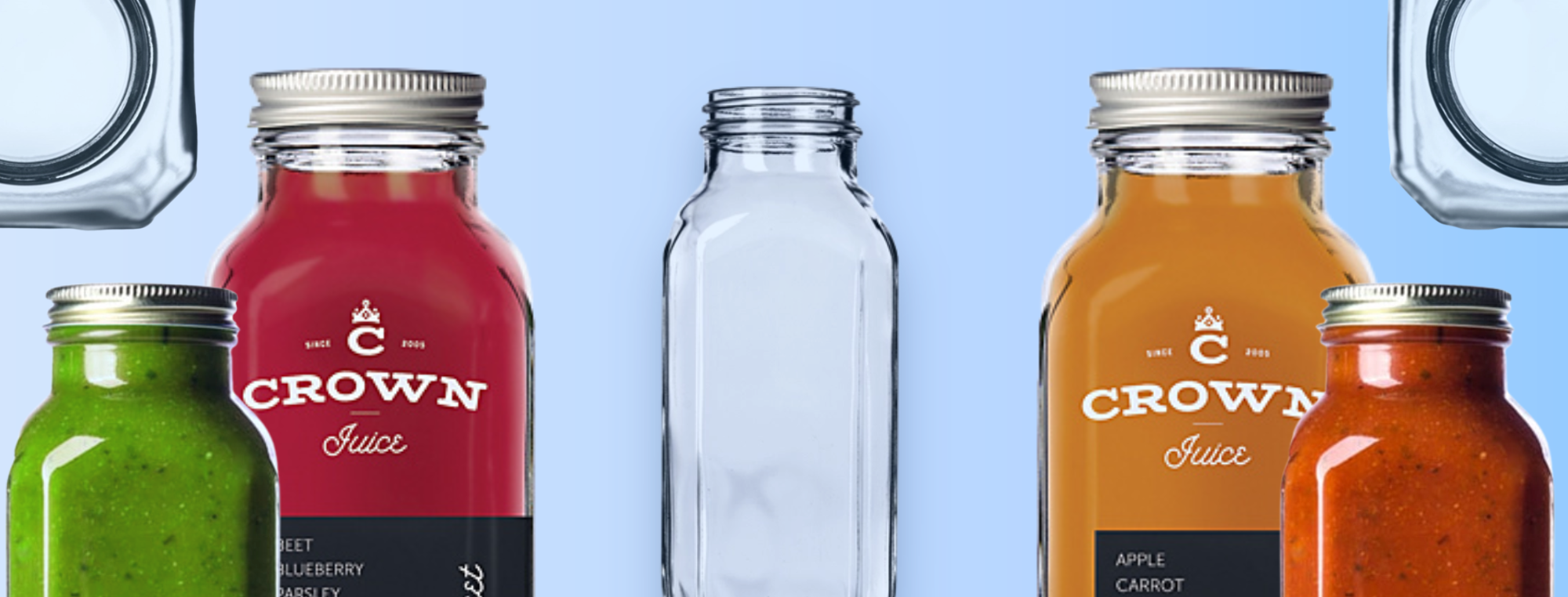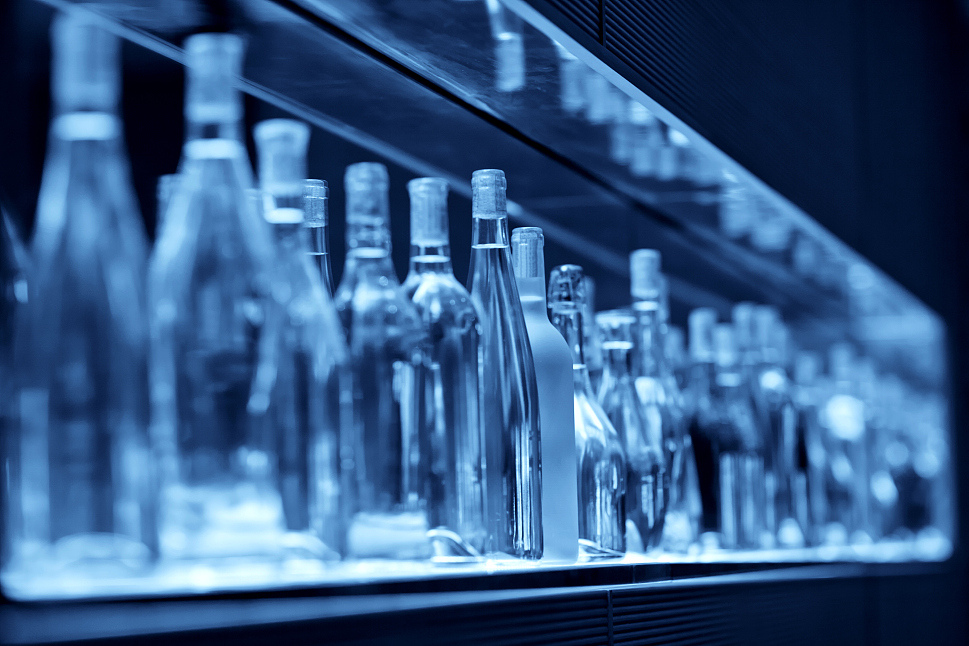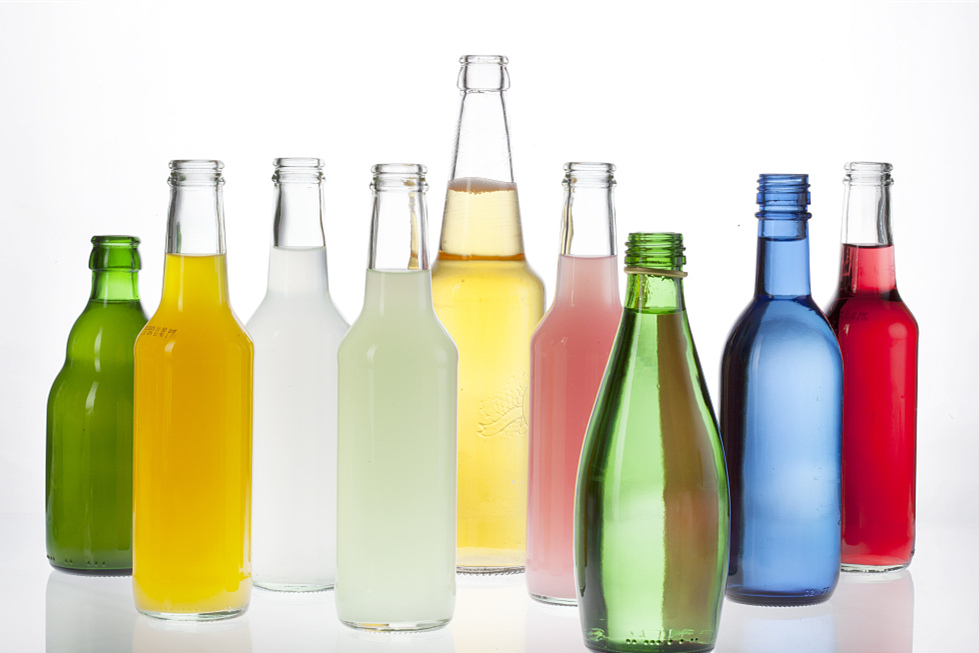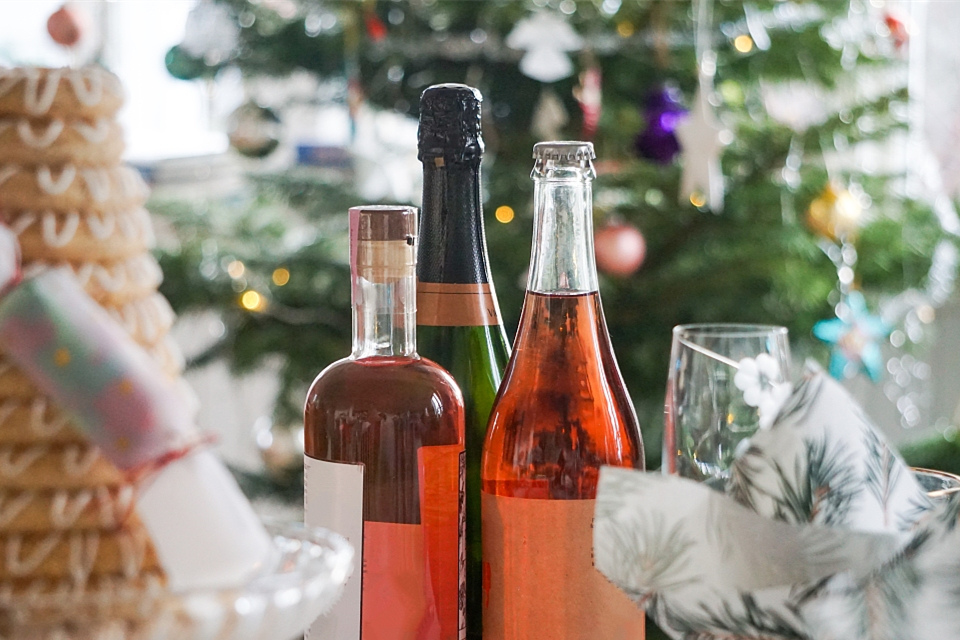 Home > News
Home > News
It's not transparent, it's translucent. It's not invisible, it's hazy. It's not clear, it's clarified. And it's not delivery, it's Digiorno (pizza anyone?)
What is Clarified Plastic?
When it comes to plastic packaging, there are several different materials, colors, and styles to consider. Some materials can be clear as glass, such as PET (#1), PS (#6), and PCV (#3), while some other plastics are inherently unable to be clear, such as HDPE (#2), LDPE (#4), and PP (#5). These non-clear plastics have a hazy, milky, or somewhat frosted appearance naturally, so even though you can see the color of the contents of containers made of these materials, you cannot see any details in the content itself.
But what if you need to use PP (also called polypropylene) plastic but want to be able to see more of the contents inside? Well a few decades ago, some clever scientists developed a way to make natural polypropylene look more clear. They discovered that by mixing polypropylene with small quantities of ethylene during polymerization, they could create a final plastic product that was significantly more clear-looking than natural polypropylene. So what does all that mumbo jumbo mean for you and your packaging goals? Continue reading to find out!

Even though clarified PP is much MORE clear looking than the natural and hazy look of PP plastic, it is NOT considered clear. So while clarified plastic allows light and colors to shine through, it is not crystal clear or glass-like in appearance (see image for comparison).
Three jars are listed in this image, J066 which is clarified, J097N which is considered natural plastic, and J092 which is considered clear. *Need to have Cameron add photo that I have*
While there are many plastics that would benefit from a clarification process, currently, only polypropylene can be clarified. Most contaienrs made from clarified polypropylene are BPA free and food safe.

There are many uses for clarified plastic containers. Clarified PP has a high-temperature tolerance (up to 208 °F), which makes it useful for food or beverages that may use a hot filling process. It is also often used for housewares and medical products, body butters, body scrubs, and other cosmetic packaging.
Conclusion
We hope this helped you feel more confident in your knowledge of clarified material! If you have questions on other plastic types, feel free to check out this link to another article about our top three packaging plastics. Plastic Bottles, Plastic Jars and Glass Containers | Wholesale and Bulk (containerandpackaging.com)
